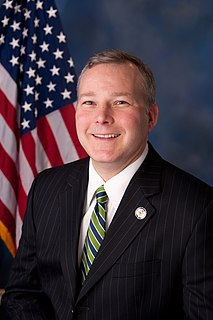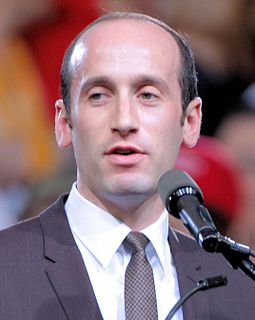A Quote by John Cornyn
The Supreme Court has never ruled that Congress can use the Commerce Clause to require individuals to engage in an activity they have chosen to avoid. Yet that is precisely what Obamacare does: It forces Americans without health insurance to purchase coverage. Such a requirement is unprecedented and unconstitutional.
Related Quotes
As a physician and a U.S. senator, I have warned since the very beginning about many troubling aspects of Mr. Obama's unprecedented health-insurance mandate. Not only does he believe he can order you to buy insurance, the president also incorrectly equates health insurance coverage with medical care.
The [Hobby Lobby Supreme Court] ruling raises the question of why, uniquely in the industrialized world, Americans have for so long favored an arrangement in health insurance that endows their employers with the quasi-parental power to choose the options that employees may be granted in the market for health insurance.
While the president is to nominate that individual [to Supreme Court], we in the Senate must provide our advice and consent. This function is not well-defined. The Constitution does not set down a road map. It does not require hearings. In fact, it does not even require questioning on your understanding of the Constitution nor the role of the Supreme Court.
My biggest fear, that 27 percent of Americans under 65 have an existing health condition that, without the protections of the Affordable Care Act, would mean they would - could be automatically excluded from insurance coverage. Before the ACA, they wouldn't have been able to get insurance coverage on the individual market, you know, if you're a freelancer or if you had a small business or the like.
It was not until the Abraham Lincoln administration that an income tax was imposed on Americans. Its stated purpose was to finance the war, but it took until 1872 for it to be repealed. During the Grover Cleveland administration, Congress enacted the Income Tax Act of 1894. The U.S. Supreme Court ruled it unconstitutional in 1895. It took the Sixteenth Amendment (1913) to make permanent what the Framers feared -- today's income tax.

































